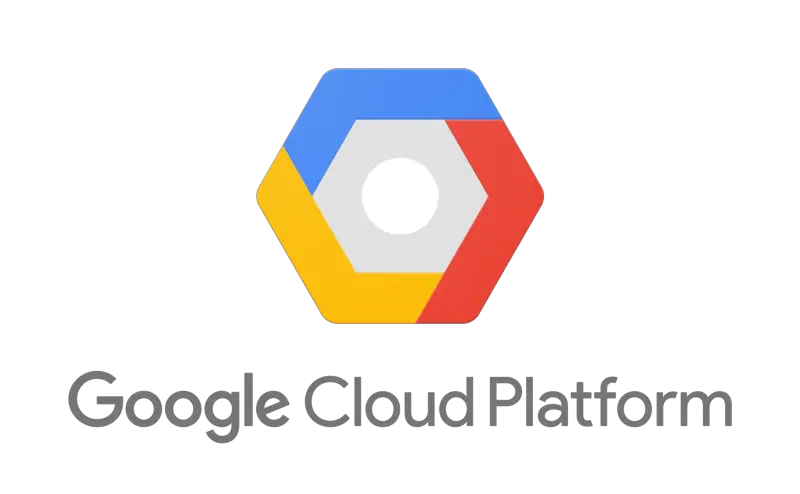In the ever-evolving landscape of cloud computing, Google Cloud Platform (GCP) stands out as a formidable player, offering a suite of powerful tools and services that cater to a diverse range of business needs. From startups to multinational enterprises, GCP has become a go-to solution for organizations seeking scalable, reliable, and innovative cloud services.
In this article, we will discuss how the Google Cloud platform is used.

What Is Google Cloud Platform Used For? – Infrastructure and Scalability
At its core, Google Cloud Platform provides a robust infrastructure for hosting applications, websites, and services. With a global network of data centers, GCP ensures low-latency access to resources, making it ideal for businesses with a global reach. The platform’s scalability is one of its defining features, allowing organizations to seamlessly expand or contract their computing resources based on demand. This elasticity is particularly advantageous for startups and growing businesses, as it enables them to adapt to changing workloads without the need for significant upfront investments in hardware.
What Is Google Cloud Platform Used For? – Computer Services
GCP offers a variety of computing services that cater to different workloads and application architectures. Google Compute Engine provides virtual machines (VMs) that can be customized to meet specific requirements, while Kubernetes Engine simplifies the deployment, management, and scaling of containerized applications. These services empower developers to build, deploy, and manage applications with ease, fostering innovation and accelerating time-to-market.
What Is Google Cloud Platform Used For? – Storage Solutions
Data is at the heart of modern businesses, and GCP provides a suite of storage solutions to meet diverse needs. Google Cloud Storage offers scalable and durable object storage that is suitable for storing and retrieving any amount of data. Cloud SQL and Cloud Spanner provide fully managed relational databases, while Cloud Storage Nearline and Coldline are designed for cost-effective long-term storage. These options give organizations the flexibility to choose storage solutions that align with their performance, accessibility, and budgetary requirements.
What Is Google Cloud Platform Used For? – Big Data and Analytics
GCP excels in handling vast amounts of data, making it a preferred choice for big data and analytics workloads. BigQuery, a fully managed, serverless data warehouse, allows organizations to analyze massive datasets in real time. Dataflow facilitates the processing of streaming and batch data, while Dataprep simplifies the preparation of raw data for analysis. These tools empower businesses to derive actionable insights, make data-driven decisions, and gain a competitive edge in the market.
What Is Google Cloud Platform Used For? – Machine Learning and Artificial Intelligence
Google Cloud Platform is at the forefront of the machine learning (ML) and artificial intelligence (AI) revolution. TensorFlow, an open-source ML framework developed by Google, is widely used for building and training ML models. GCP’s AI services, such as Vision AI, Natural Language Processing, and AutoML, enable organizations to incorporate cutting-edge AI capabilities into their applications without the need for deep expertise in machine learning.
What Is Google Cloud Platform Used For? – Security and Identity Management
Security is a top priority for GCP, and the platform provides a comprehensive set of tools to safeguard data and applications. Identity and Access Management (IAM) allows organizations to control access to resources, ensuring that only authorized users can interact with sensitive data. Additionally, GCP provides encryption at rest and in transit, robust network security features, and regular security updates to protect against evolving threats.
Internet of Things (IoT) and Edge Computing
As the IoT ecosystem continues to expand, GCP offers solutions for managing and analyzing data generated by connected devices. Cloud IoT Core facilitates the secure connection and management of IoT devices, while Edge TPU (Tensor Processing Unit) enables efficient AI processing at the edge, reducing latency and improving responsiveness for applications that require real-time decision-making.
In conclusion, the Google Cloud Platform serves as a versatile and powerful solution for organizations seeking to leverage cloud computing to drive innovation, enhance scalability, and optimize operational efficiency. Whether it’s hosting applications, analyzing big data, incorporating AI into workflows, or securing sensitive information, GCP provides a comprehensive suite of tools and services that cater to the diverse needs of businesses in the digital age. As technology continues to advance, Google Cloud Platform remains a key player in shaping the future of cloud computing and empowering organizations to achieve their goals.








